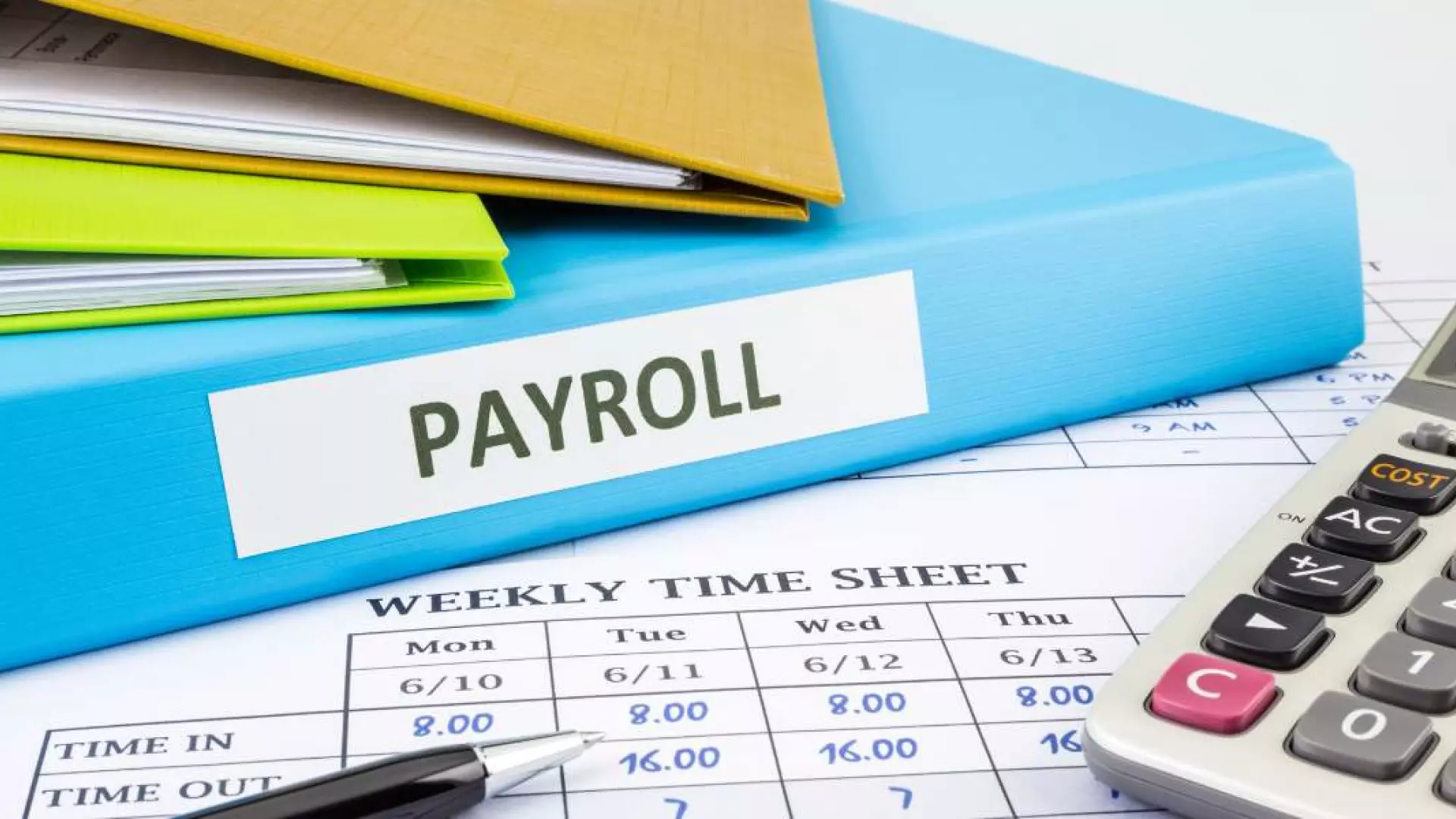Article
2025 Nanny Pay Guide | Pay The Nanny

Last updated: 19th May 2025
Nanny Pay Rates in New Zealand
As of 1 April 2025, New Zealand’s minimum wage increased by 1.5%, moving from $23.15 to $23.50 per hour.
While this is a modest rise, nanny pay rates have shown a more significant overall increase. The average hourly rate for nannies in New Zealand is now $30.53, up from $29.40 in 2024, an increase of 3.8%.
This growth in nanny wages highlights how demand for childcare and competition for experienced nannies have outpaced the minimum wage increase. Families are responding by offering more competitive pay rates to attract and retain top talent.
How much does a nanny get paid?
In terms of the nationwaide pay rates, here's a breakdown for 2025:
- Average: $30.53/hour
- Minimum: $23.50/hour
- Maximum: $50/hour
Let’s look at regional variations:
- Auckland: $31.89/hour
- Christchurch: $27.52/hour
- Wellington: $28.97/hour
- Tauranga: $28.63/hour
Analysis of 2025 Pay Rates Compared to 2024
Compared to 2024, nanny pay rates have increased across all regions:
- Auckland: Up from $30.44 to $31.89 (4.8% increase)
- Christchurch: Up from $26.89 to $27.52 (2.3% increase)
- Wellington: Up from $28.31 to $28.97 (2.3% increase)
- Tauranga: Newly reported at $28.63/hour
Range Analysis for 2025
- $23 - $25/hour: 16% of nannies
- $25 - $27/hour: 10% of nannies
- $27 - $29/hour: 10% of nannies
- $29 - $31/hour: 25% of nannies
- $31 - $33/hour: 17% of nannies
- $33 and above: 22% of nannies
Compared to last year, the distribution of nanny wages shows some notable shifts:
- The $29 - $31/hour bracket remains the largest, encompassing 25% of nannies. This indicates that many families are aligning pay rates with the average.
- The proportion of nannies earning $33 and above has increased to 22% in 2025, compared to 19% in 2024, showing a trend towards higher pay for more experienced or qualified nannies.
- Lower brackets, such as $23 - $25/hour and $25 - $27/hour, have remained steady at 16% and 10%, respectively, reflecting that while some families may stick close to the minimum wage, a significant majority are paying above it.
These changes illustrate a trend towards fairer compensation, particularly for skilled nannies, even as the minimum wage increase is relatively modest at 1.5%.
Why Are There Differences Between Regions?
Several factors contribute to regional variations:
- Cost of Living: Higher costs in cities like Auckland translate into higher wages.
- Demand and Supply: Areas with more families seeking childcare tend to have higher pay rates.
- Experience Levels: More experienced nannies are concentrated in urban centres, where families may be willing to pay a premium.
- Local Job Markets: Economic conditions in each region also impact the wages families can afford to pay.
Au Pair Pay in 2025
Unlike nannies, au pairs often receive a different compensation structure based on board and lodging.
While this article focuses on nanny pay rates, we have a detailed guide to au pair pay that explains how room, meals, and pocket money factor into their earnings.
Considerations When Deciding Hourly Rates
When deciding how much to pay your nanny, keep these factors in mind:
- Experience and Qualifications: A nanny with early childhood education or extensive experience may command higher wages.
- Responsibilities: Additional duties, such as driving or tutoring, may require higher pay.
- Budget: Ensure you’re balancing competitive pay with what your family can afford.
- Flexibility: Offering flexible hours or other benefits may help you negotiate slightly lower rates.
The Full Cost of Hiring a Nanny
Beyond hourly rates, remember to account for:
- Paid Leave and Sick Leave: Nannies are entitled to at least 4 weeks of annual leave and 10 days of sick leave if they meet eligibility requirements.
- KiwiSaver Contributions: If your nanny opts into KiwiSaver, you must make contributions of 3%.
- ACC Levies: Ensure your home is a safe workplace and pay the required levies.
- Payroll Administration: Managing taxes, leave entitlements, and payslips can be complex.
Why You Need Nanny Payroll Services
Managing nanny payroll can be a time-consuming and stressful process. Pay the Nanny takes care of all the admin, including:
- Setting up employment contracts
- Calculating taxes, KiwiSaver, and ACC levies
- Ensuring compliance with labour laws
With Pay the Nanny, you can focus on your family while we handle the details. For an affordable monthly fee, enjoy peace of mind knowing everything is above board.
Reach out for Nanny Payroll Support
Paying your nanny fairly reflects the value they bring to your family. With rising wages, staying competitive is key to attracting the best talent. Whether you’re in bustling Auckland or laid-back Tauranga, we’re here to help you navigate the numbers.
For tailored advice, contact Pay the Nanny today and let us take the hassle out of managing nanny pay.

2025 Au Pair Rates and Hiring Guide

2023 Nanny Pay Rates Guide for New Zealand

Money-Saving Tips to Afford a Nanny

How much should I pay a nanny in New Zealand in 2024?
